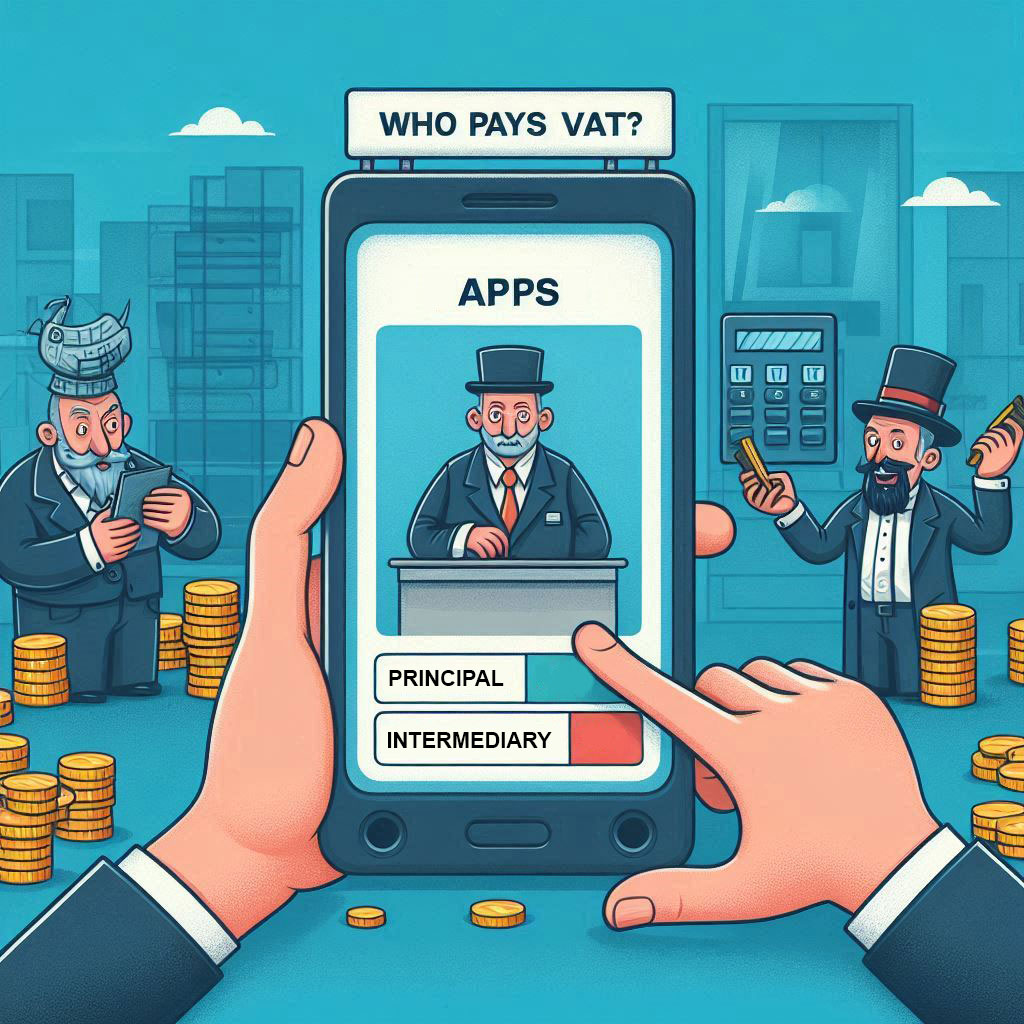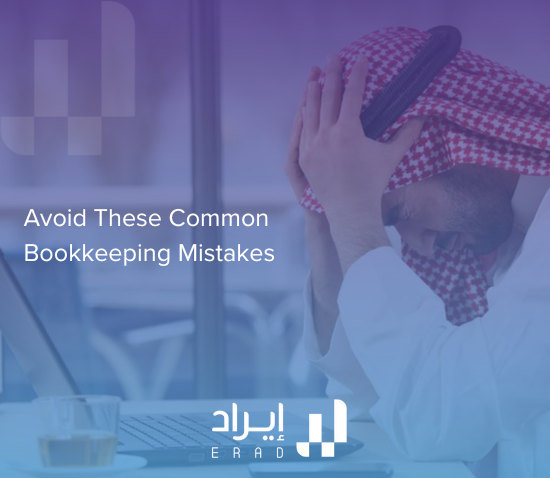What is VAT in Saudi Arabia?
In Saudi Arabia, Value Added Tax (VAT) is a consumption tax applied at every stage of the supply chain, from production to the final sale.
As digital apps become a growing part of daily business and consumer interactions, understanding VAT’s application to apps is essential for entrepreneurs, businesses, and consumers alike.
Who Pays VAT in Apps? The Principal or the Intermediary?
In today’s digital world, applications have become indispensable tools, serving as intermediaries between service providers and consumers. As the use of apps expands across industries, the question arises: who is responsible for the VAT on app-based transactions?
Should the original service provider (the principal) or the platform facilitating the transaction (the intermediary) bear the tax burden? This question is particularly relevant in the context of VAT in Saudi Arabia, as local tax laws directly influence VAT collection and remittance processes.
VAT in Saudi Arabia: A Quick Overview
VAT in Saudi Arabia, at its core, is imposed on goods and services throughout the supply chain. Businesses must determine their VAT liability based on the nature of their transactions. But with the increasing use of apps as intermediaries, VAT obligations become more complex, particularly when it comes to digital platforms.
The Role of Applications as Intermediaries
Applications bridge the gap between service providers and consumers, allowing businesses to offer their products and services without needing to build independent infrastructure. However, this intermediary role presents challenges regarding VAT responsibilities.
1. Diverse Relationships between Service Providers and Apps
The relationship between the service provider and the app can vary. It may range from an agency setup, where the app simply facilitates the sale, to a buy-sell arrangement, where the app purchases the service and resells it to consumers. The structure of this relationship plays a critical role in determining who is liable for VAT.
2. Price Control and VAT Liability
In some cases, apps control the price of the service being offered, while in other instances, it is the service provider that sets the price. This control over pricing can directly influence who is responsible for VAT collection and remittance.
3. Invoicing and VAT Responsibilities
Who issues the invoices? Is it the service provider or the app itself? This is another important factor in determining VAT obligations. For clarity and compliance, businesses should ensure proper invoicing that aligns with both local regulations and tax guidelines.
Factors Determining VAT Liability
The determination of who is responsible for VAT when apps are involved depends on several factors:
- Contractual Relationship: Is the app acting as an intermediary or a buyer and seller? Understanding this distinction is crucial for tax liability.
- Control Over Service Delivery: Who controls the service’s pricing and terms of sale? This can impact who must collect and remit VAT.
- Invoicing Entity: Who issues the invoices, and what details are included? VAT regulations often require specific information on invoices.
- Local Tax Regulations: Compliance with Saudi Arabia’s tax regulations is essential for proper VAT application, especially with intermediary platforms like apps.
Implications of VAT Liability on Apps
Determining VAT responsibility is not just about tax collection; it has broader implications:
- Service Prices: If the app or platform takes on a larger portion of the VAT burden, consumers may face higher prices.
- Company Profits: Both the service provider and the app’s profit margins are affected by the way VAT is allocated.
- Market Competitiveness: Variations in VAT application can impact a company’s position in the market and its ability to compete.
- Tax Compliance: Ensuring tax compliance is essential to avoid penalties and legal issues.
Technology’s Role in VAT Compliance
Advancements in technology have made it easier for businesses to comply with VAT regulations, particularly when intermediaries are involved. Specialized accounting software and AI-driven tools help businesses calculate, collect, and report taxes with greater accuracy. However, it’s crucial to have a clear tax framework that outlines each party’s VAT responsibilities to ensure proper compliance.
FAQ Section:
1. What is VAT in Saudi Arabia?
VAT in Saudi Arabia is a consumption tax that is levied on goods and services. It applies to each stage of the supply chain, including the final sale to consumers.
2. Who is responsible for VAT in app-based transactions in Saudi Arabia?
The responsibility for VAT depends on the relationship between the service provider and the app. In some cases, the app (intermediary) may be responsible, while in other cases, the service provider (principal) may be liable.
3. How is VAT collected in Saudi Arabia?
VAT is collected by businesses at the point of sale and is typically paid to the tax authorities by the service provider or app platform, depending on the transaction structure.
4. How can businesses ensure VAT compliance in Saudi Arabia?
To ensure compliance with VAT regulations in Saudi Arabia, businesses should understand their VAT obligations, maintain clear records, and use appropriate invoicing systems. Consulting with a tax expert can help navigate complex scenarios involving intermediaries.
If you’re a business or app developer operating in Saudi Arabia and need assistance with VAT compliance, our VAT Services in Saudi Arabia can help guide you through the process. Contact us today for expert advice!
The application of VAT in app-based transactions is a nuanced issue that requires careful attention to local tax regulations, the nature of the service relationship, and invoicing practices. By understanding these factors and seeking expert guidance, businesses can better manage their VAT obligations and avoid costly mistakes.



